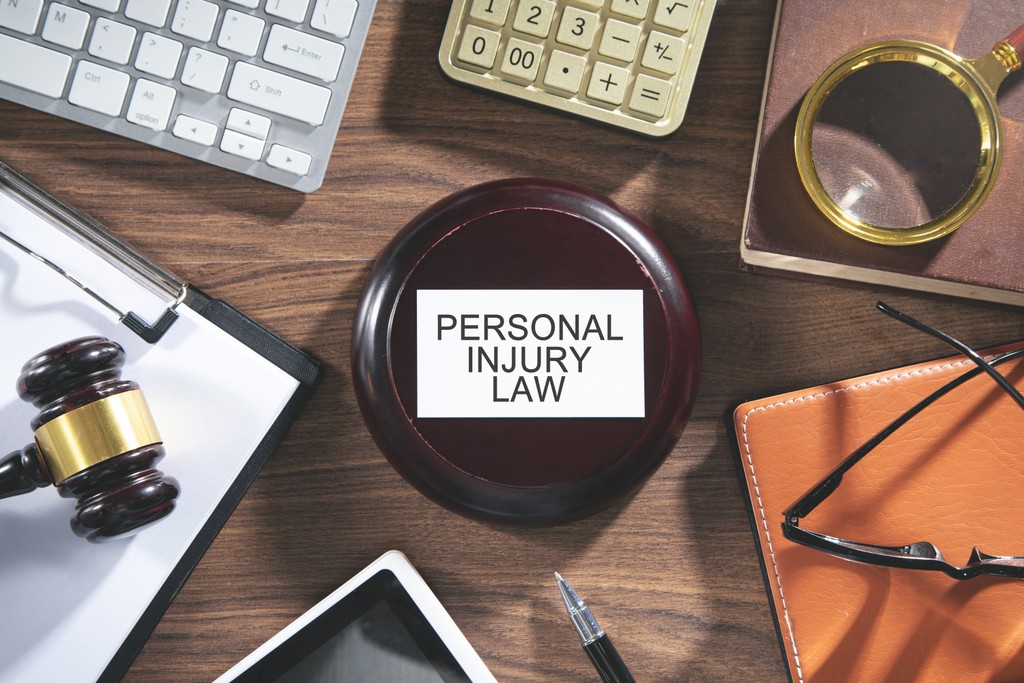Auto Accidents
Aug 14, 2024
Why Police Officers Should Pursue Third Party Liability Claims
Danielle Kushel
Police officers are the backbone of our safety, bravely facing risks every day to protect our communities. When on-duty injuries occur (i.e. car accident in patrol vehicle), officers typically turn to workers’ compensation for support. However, while workers’ compensation is vital, it has limitations that make pursuing a third-party liability claim crucial. Florida law provides a way to seek both types of compensation through what is known as “dual treatment.”
1. Understanding Workers’ Compensation and Its Limits
Workers’ compensation in Florida is designed to cover medical expenses and lost wages for on-the-job injuries. While this system provides some support, it does not address all aspects of an injury. Specifically, workers’ compensation does not cover pain and suffering, emotional distress, or the full extent of long-term impacts such as chronic pain or disability. These gaps in coverage can leave officers facing substantial out-of-pocket costs.
Treatment through workers’ compensation is also limited in one’s choice of care and treating physicians. Through a third party claim, a police officer can get treatment with the physician of their choosing without the need for any pre-approval.
2. The Advantages of Dual Treatment
Florida law allows police officers to pursue both workers’ compensation and third-party liability claims for the same injury. This principle, known as “dual treatment” and set forth in Florida Statute §440.39, means that an officer can receive benefits from workers’ compensation while also seeking damages from a third-party liable for the injury.
3. Maximizing Financial Recovery
Pursuing a third-party liability claim can significantly increase the financial support available to inured officers. While workers’ compensation covers immediate medical expenses and lost wages, a third-party claim can provide compensation for pain and suffering, long-term medical needs, and reduced quality of life. By seeking both types of compensation, officers can better address the full range of financial impacts from their injuries.
4. Types of Third Party Liability Claims
· Car Accidents
· Premises Liability
· Product Liability
· Construction Site Accidents
· Negligent or Reckless Acts
· Assault or Violent Crime
5. Navigating Legal Complexities
While the ability to pursue both claims is great, it involves navigating complex legal processes. Officers must manage the intricacies or both workers’ compensation and third-party liability claims, including evidence gathering, negotiations, and potentially litigation. Working with an experienced personal injury attorney is critical to ensure that both claims are handled effectively and that the officer’s rights remain protected throughout the process.
If you’re a police officer dealing with an on-duty injury, contact Kushel Law Group for expert guidance on all potential claims and how to manage both claims at once. Our team is dedicated to helping you achieve the best possible outcome and ensuring that your rights are fully protected.






